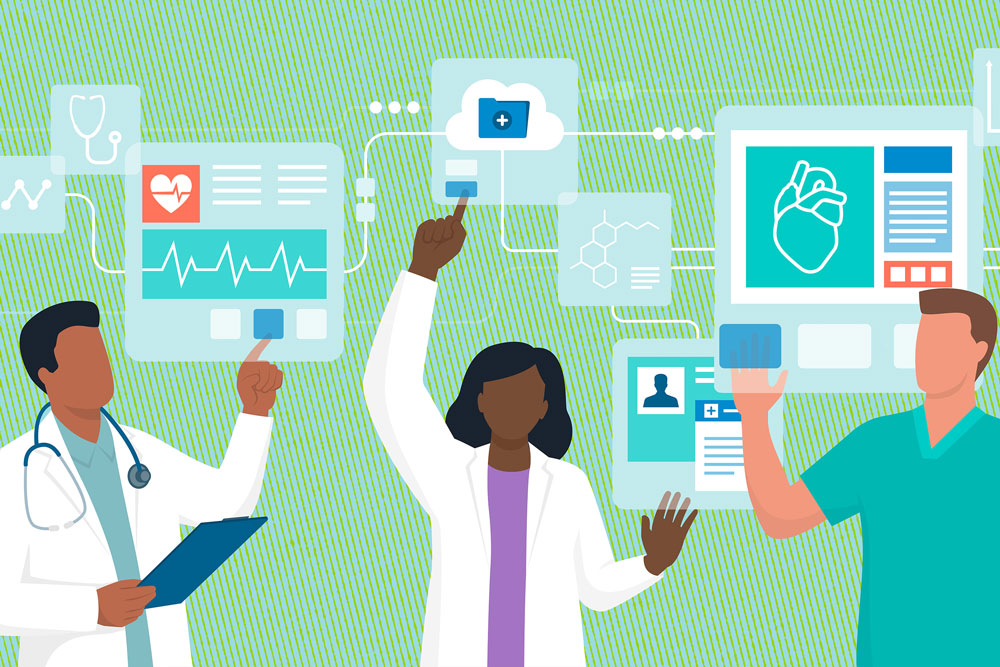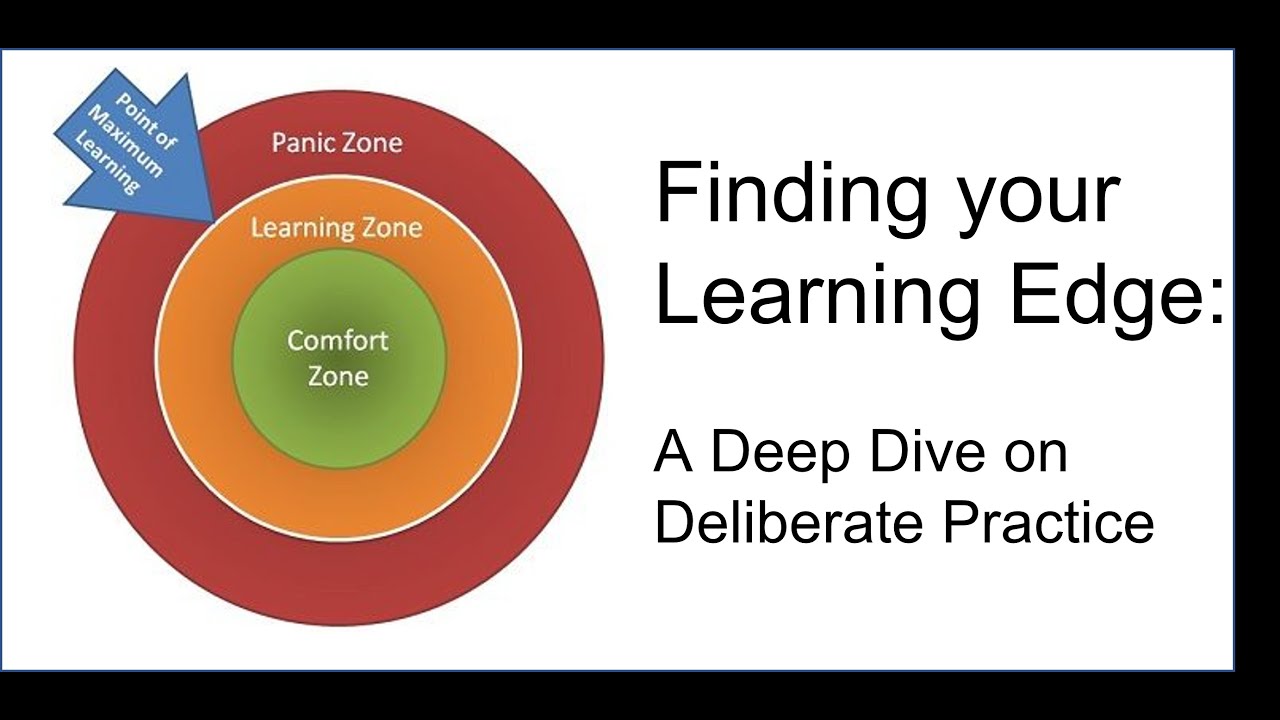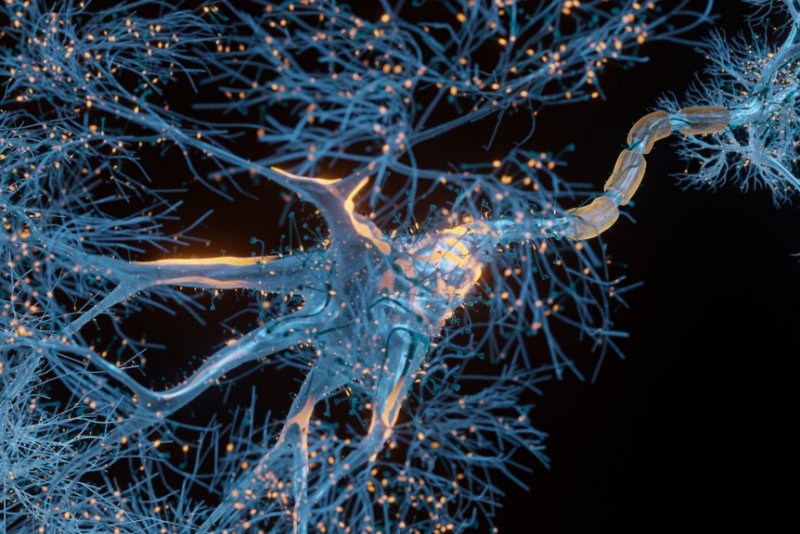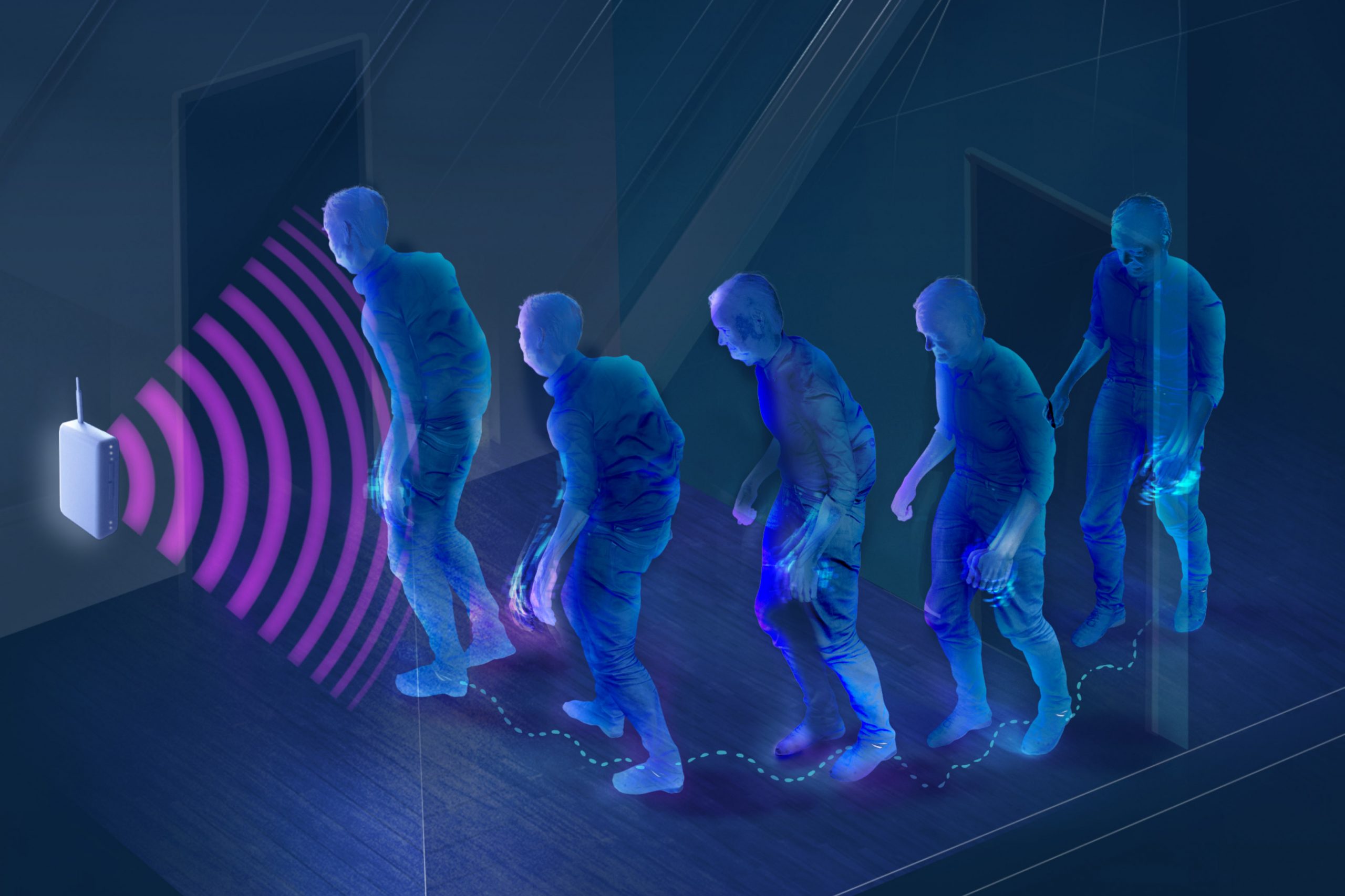Study finds the risks of sharing health care data are low

In recent years, scientists have made great strides in their ability to develop artificial intelligence algorithms that can analyze patient data and come up with new ways to diagnose disease or predict which treatments work best for different patients.
The …




